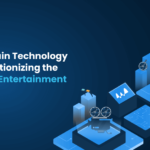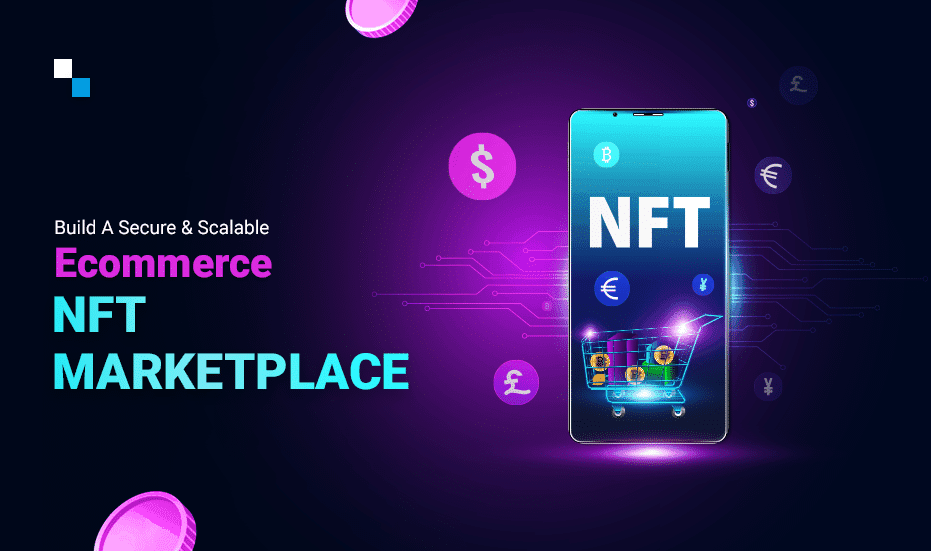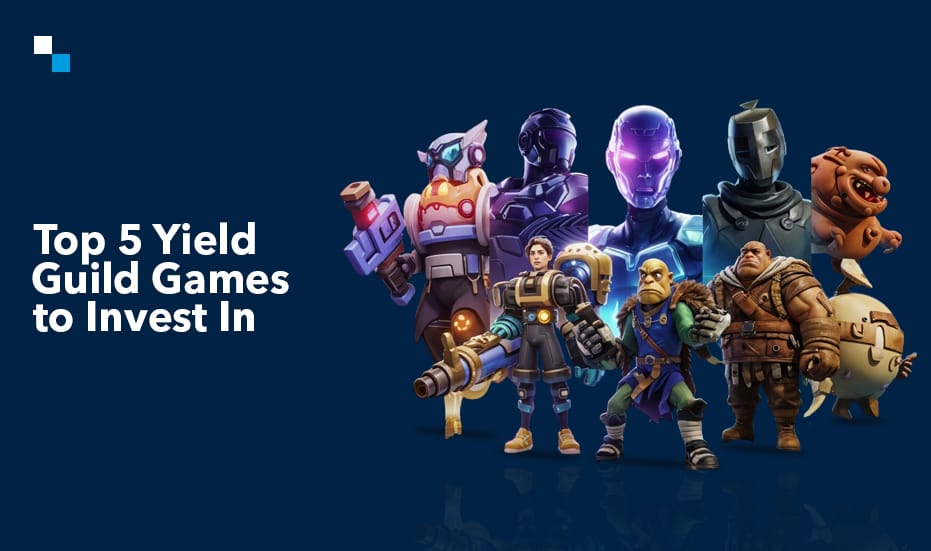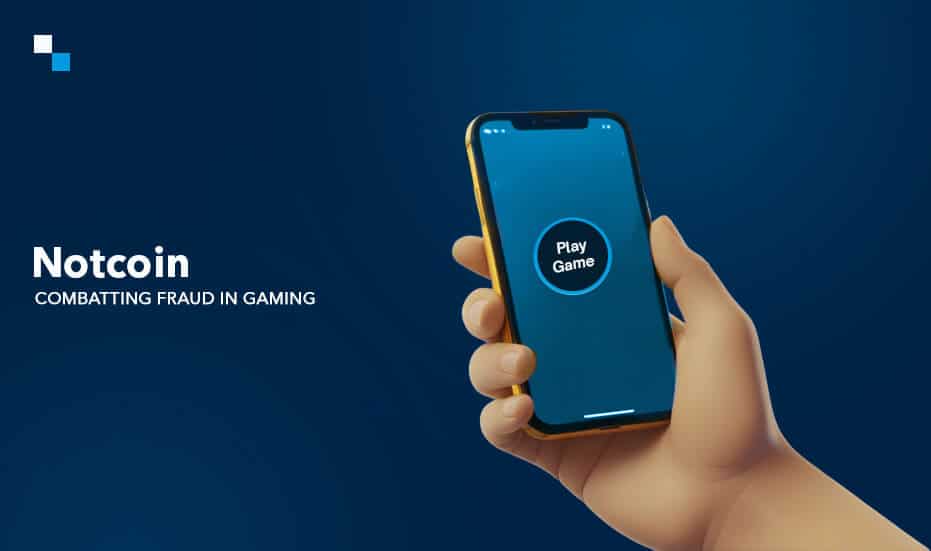
Blockchain Technology – A New Transformation in Media & Entertainment Industry
February 10, 2023
Blockchain in Education- Learn How It Impacts
February 13, 2023It’s been several years since the rise of Non-Fungible Tokens (NFTs) as a new way of representing and exchanging digital assets. NFTs have enabled artists, musicians, game developers, and others to create and sell unique digital items, such as collectible cards, in-game items, and even virtual real estate. The NFT market has grown rapidly, reaching billions of dollars in transaction volume, and has attracted a large number of participants, including both creators and collectors.
To address the growing demand, It is believed that the next step for NFTs is to build decentralized NFT marketplaces, where users can trade NFTs without intermediaries and with greater security, privacy, and freedom. Decentralized NFT marketplaces can be built using blockchain technology, which provides a secure, transparent, and decentralized way to store and exchange digital assets.
In this article, we will share some of the critical lessons learned by experts while building decentralized NFT marketplaces, and what are the key considerations while we build NFT Marketplace and scalable decentralized NFT platforms.
- Start with the basics: Decentralized NFT marketplaces are complex systems that require a deep understanding of blockchain technology, cryptography, and smart contract programming. Before building a decentralized NFT marketplace, it’s important to have a solid understanding of these underlying technologies and how they can be used to implement NFTs and marketplaces.
- Focus on user experience: Decentralized NFT marketplaces are still new and complex for many users, and it’s important to make the experience of buying, selling, and discovering NFTs as simple and intuitive as possible. This means designing user-friendly interfaces, providing clear and concise information, and reducing the barriers to entry for new users.
- Enable interoperability: To achieve widespread adoption, it’s important to ensure that NFTs created on one platform can be easily traded on another. Interoperability can be achieved through the use of open standards, such as ERC-721 and ERC-1155, and by ensuring that NFTs are transferable between platforms.
- Address scalability and performance: Decentralized NFT marketplaces must be able to handle high transaction volume and provide fast and reliable access to NFTs. This requires careful consideration of the underlying blockchain technology and smart contract design, as well as the use of scaling solutions such as sharding and off-chain transactions.
- Ensure security and privacy: Security and privacy are critical considerations for decentralized NFT marketplaces, as they are responsible for storing and exchanging valuable digital assets. This requires implementing strong security measures, such as secure smart contract design, encryption, and access controls, and protecting user data from unauthorized access and theft.
The process of NFT Ecommerce Marketplace development involves several key steps, which are outlined below:
Step 1. Ideation: This is the stage where you come up with an idea for the marketplace and determine its scope, goals, and target audience. You should also research the existing NFT marketplaces and identify the opportunities and challenges that you want to address.
Step 2. Planning: In this stage, you should create a detailed plan for the development of the marketplace, including the technology stack, timeline, budget, and resources needed. You should also identify potential partners, advisors, and vendors that can help you in the development process.
Step 3. Design: This stage involves creating the visual and user experience design for the marketplace. You should design an interface that is easy to use and navigate, and that provides a seamless experience for users to buy, sell, and trade NFTs.
Build Your Decentralized NFT Marketplace
Schedule Free DemoStep 4. Development: In this stage, you will implement the code for the marketplace, including the smart contracts, front-end, and back-end components. You will also need to test the marketplace to ensure that it is secure, reliable, and scalable.
Step 5. Deployment: This stage involves deploying the marketplace on a blockchain network, such as Ethereum, and integrating it with other platforms and services, such as wallets and exchanges. You should also launch a marketing campaign to promote the marketplace and attract users.
Step 6. Maintenance and Upgrades: Once the marketplace is live, you will need to provide ongoing maintenance and support to ensure that it continues to meet the needs of users and the market. You should also plan for future upgrades and improvements to the marketplace, as the NFT market evolves and grows.
It is important to note that the NFT Ecommerce Marketplace development is a complex and technical process that requires a strong understanding of blockchain technology, smart contracts, and user experience design. It is recommended to work with experienced developers and advisors to ensure that the marketplace is built to the highest standards and meets the needs of users.
An NFT Ecommerce platform development company can help you in several ways in the development of a platform:
# Expertise: NFT development services have a team of experts with years of experience in developing decentralized applications and marketplaces. They have the expertise to handle the complex technical aspects of the development process, such as smart contract development, security, and scalability.
# Time and cost-effectiveness: Working with an NFT e-commerce platform development company can save you time and money compared to developing the platform in-house. They have the resources and processes in place to complete the development process efficiently and effectively.
# Access to tools and technology: NFT development services have access to the latest tools and technology for developing decentralized applications and marketplaces. They can help you choose the best technology stack for your platform, integrate with other platforms and services, and ensure that the platform is built to the highest standards.
# User experience design: NFT platform development companies have a team of user experience designers who can help you create an intuitive and engaging platform that meets the needs of users. They can help you design a platform that is easy to use and navigate, and that provides a seamless experience for buying, selling, and trading NFTs.
# Ongoing support and maintenance: NFT development companies can provide ongoing support and maintenance for the platform, ensuring that it continues to meet the needs of users and the market. They can also help you plan for future upgrades and improvements to the platform, as the NFT market evolves and grows.
Wrapping Up
In conclusion,NFT Ecommerce Marketplace development is a complex and technical process that requires expertise, resources, and experience. Working with an NFT Ecommerce Platform Development Company can provide you with access to the best tools and technology, user experience design, and ongoing support and maintenance.
If you’re looking for a reliable and experienced NFT platform development company to help you build your platform, look no further than Antier. With a team of experts in blockchain technology, smart contract development, and user experience design, Antier can help you create a platform that meets your needs and exceeds your expectations.
At Antier, we believe in delivering solutions that are innovative, secure, and scalable. Our goal is to help businesses succeed in the NFT market and reach their full potential. If you’re ready to take your NFT e-commerce platform to the next level, contact us today and let us show you how we can help.



